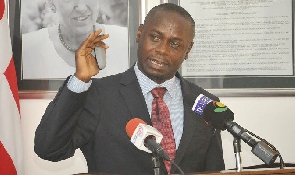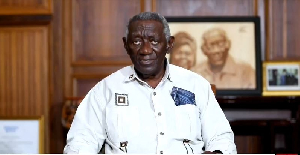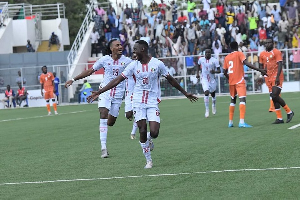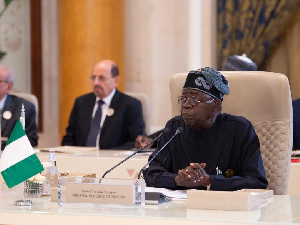Professor Eric Osei- Assibey, Senior Lecturer in the Department of Economics, University of Ghana, has said one of the reasons the political business cycle is dominant in the country is that government prioritises short term political objectives over a long term gain.
The term political business cycle is used mainly to describe the stimulation of the economy just prior to an election in order to improve prospects of the incumbent government getting reelected.
According to him, government will rather opt to cut taxes and increase government spending rather than increase taxes and decrease government spending.
This practice he added, has adverse consequences including inflation and cedi depreciation in the long term.
Speaking at the Graphic/Stanbic Breakfast Meeting on the theme “Election cycles, democratic governance and fiscal stability: lessons for Ghana” Prof. Osei-Assibey said government and electorate will support expansionary fiscal policy.
“Prior to an election year, governments have options of pursuing policies either contractionary or expansionary policies. Now, giving the fact that government wants to increase its chance of winning or reelections, they are more likely to go for expansionary monetary policies and fiscal policy because that is the policy that is popular with the people, and that would mean government cutting taxes, pursuing expansionary monetary policies that will lower the interest rate …”
“These policies are very popular with the people, so, it would mean that at the end of the day government is more likely to win the elections because it would have met its side of the bargain to the people”.
He however added that this system has its effects
“This situation is likely to have very adverse consequences because of the expansionary nature of government policy and this is likely to throw the economy in instability which includes high micro economic which is higher inflation”
Business News of Monday, 7 October 2019
Source: www.ghanaweb.com

















